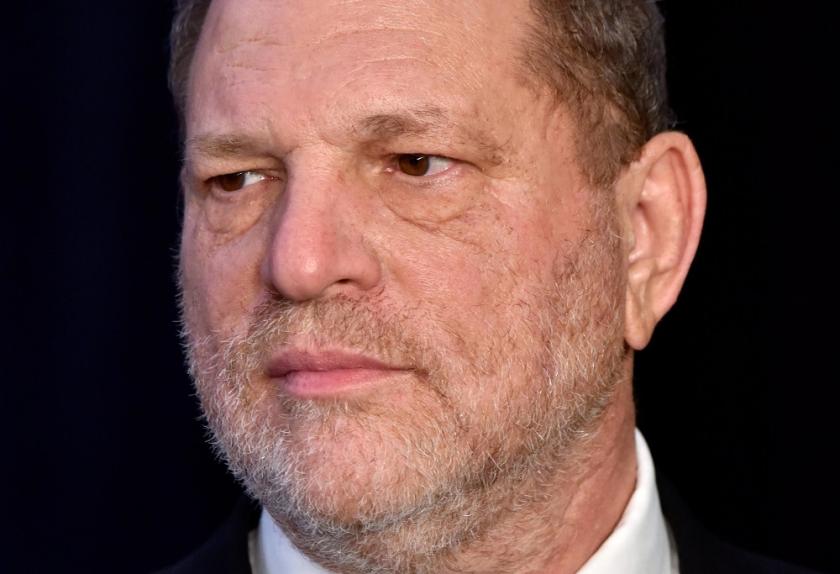While this well-crafted documentary chose to open with footage of the stars and glitz of the American awards ceremonies, the focus of Working with Weinstein (Channel 4) was almost entirely on Harvey Weinstein’s involvement over more than 30 years in British cinema. Instead of rehashing the allegations made by Hollywood actresses, it dug deep into the distress the producer inflicted on the young British women who came to work for him.
They dreamt of a career in the UK film industry, only to find themselves sexually assaulted, shamed and driven out of the business by abuse and blackmail. Laura Madden, brought up on a farm in Ireland, became a Miramax PA barely out of her teens. Her description of how she was trapped by Weinstein who demanded massages and masturbated despite her distress back in 1979 was all too familiar from the accounts that have emerged from many far more famous names in the last year.
His sexualised behaviour towards his female British staff led to decades of distress
Madden and Zelda Perkins, who also worked in the London office, were the two main witnesses for the prosecution in Working with Weinstein and both gave compelling testimony. Slightly less convincing were the male British producers who tried to justify why they had turned a blind eye to Weinstein’s proclivities, citing the dire state of funding and energy in the UK industry and the charm (and cash) that made the American producer so successful. Steve Woolley, the producer of nine films with Weinstein, including Scandal, Mona Lisa and The Crying Game, recalls his delight that an American was so keen to get involved: “I remember thinking, wow, Harvey Weinstein is working for us….he was so bullish about British movies, he was lifting us up.”
David Parfitt, producer of Shakespeare in Love, which made Weinstein a beloved figure among the toffs as well as the geezers of the British film business, recounted how he was physically assaulted by Weinstein on his next film, My Week with Marilyn. The producer had been obsessed with Michelle Williams, always appearing on the set when there was any chance of a nude scene. When Parfitt wouldn’t re-edit the movie to make it sexier, as per the mogul’s instruction, he claims Weinstein verbally abused him and slammed him up against a vending machine. Parfitt never worked with him again. While the women interviewees were universally strong and forthright, there were not enough male voices explaining if not their collusion, their inability to call Weinstein out. The fear of losing the man who could greenlight their dreams, sell them to financiers and then market them to eager audiences was just too strong.
There were no new revelations about film stars, or much insight into Weinstein’s psychology; instead we were given a forensic dissection of how his seemingly compulsive sexualised behaviour towards his female British staff led to decades of distress. After an hour of detailed descriptions of picking up used syringes to help with erectile dysfunction from bedroom floors, and well-corroborated stories from several traumatised young women, it’s fascinating that the programme ended with a formulaic statement of denial from Weinstein. The next chapter, which should unfold if and when the Metropolitan Police bring a case, will be even more interesting to watch.















Add comment